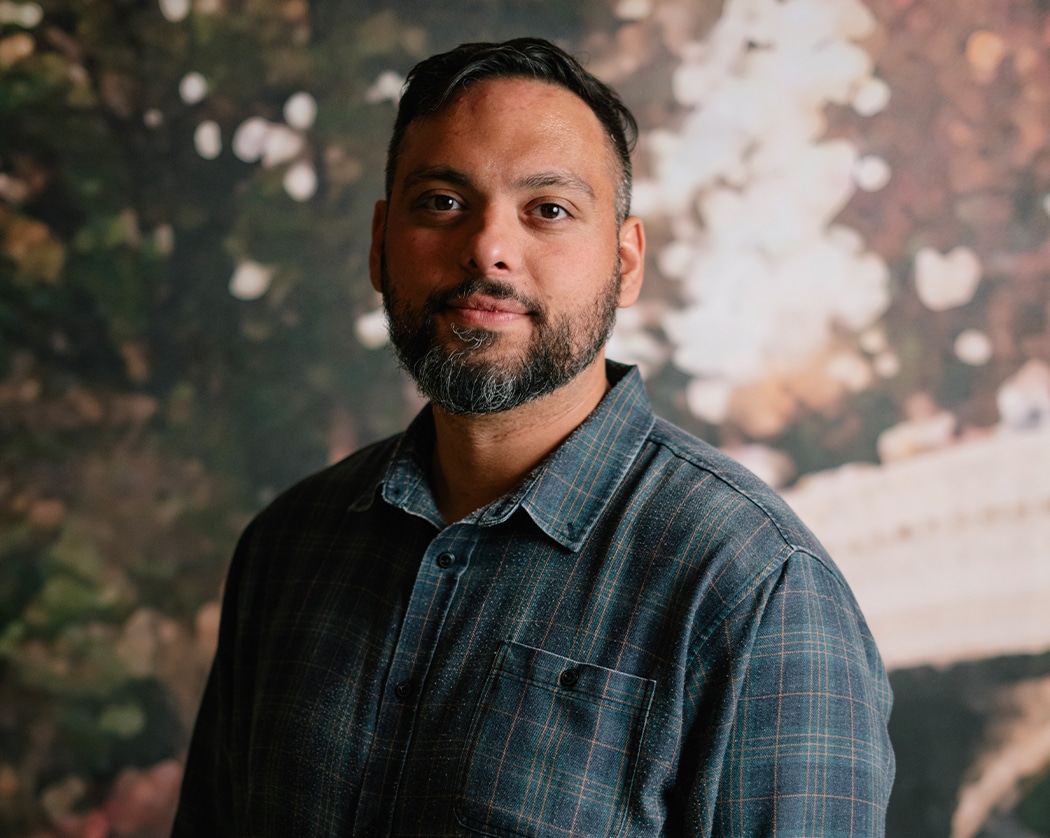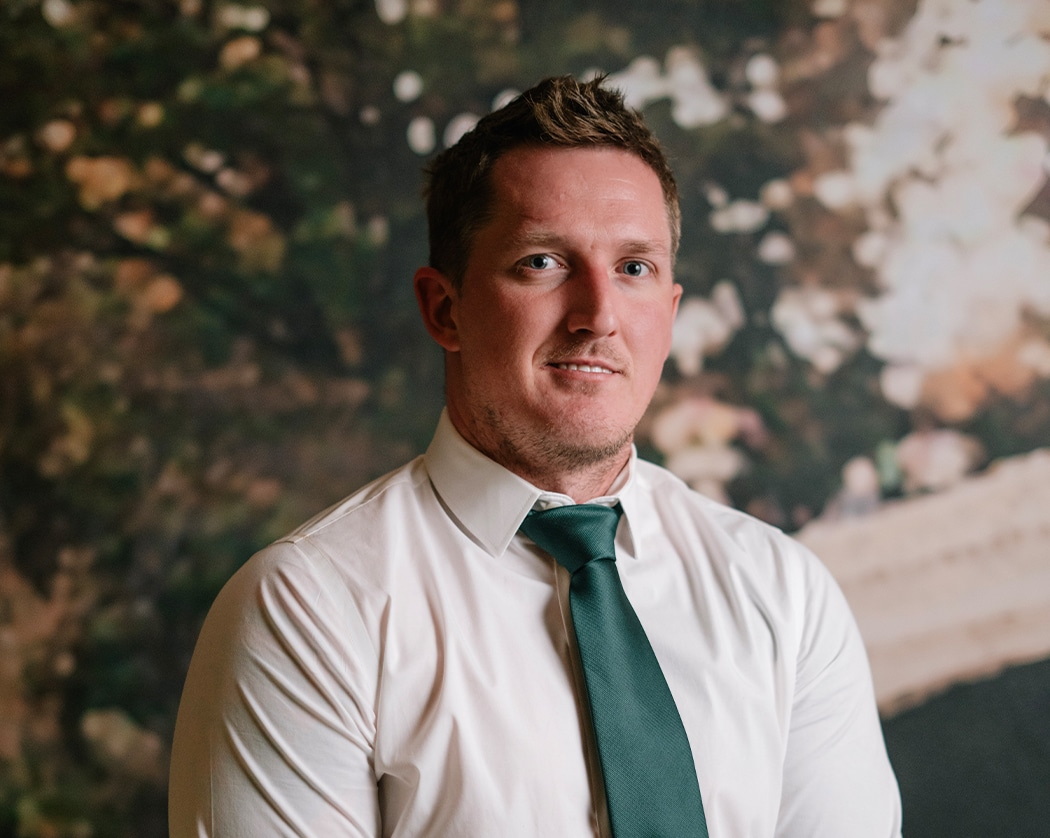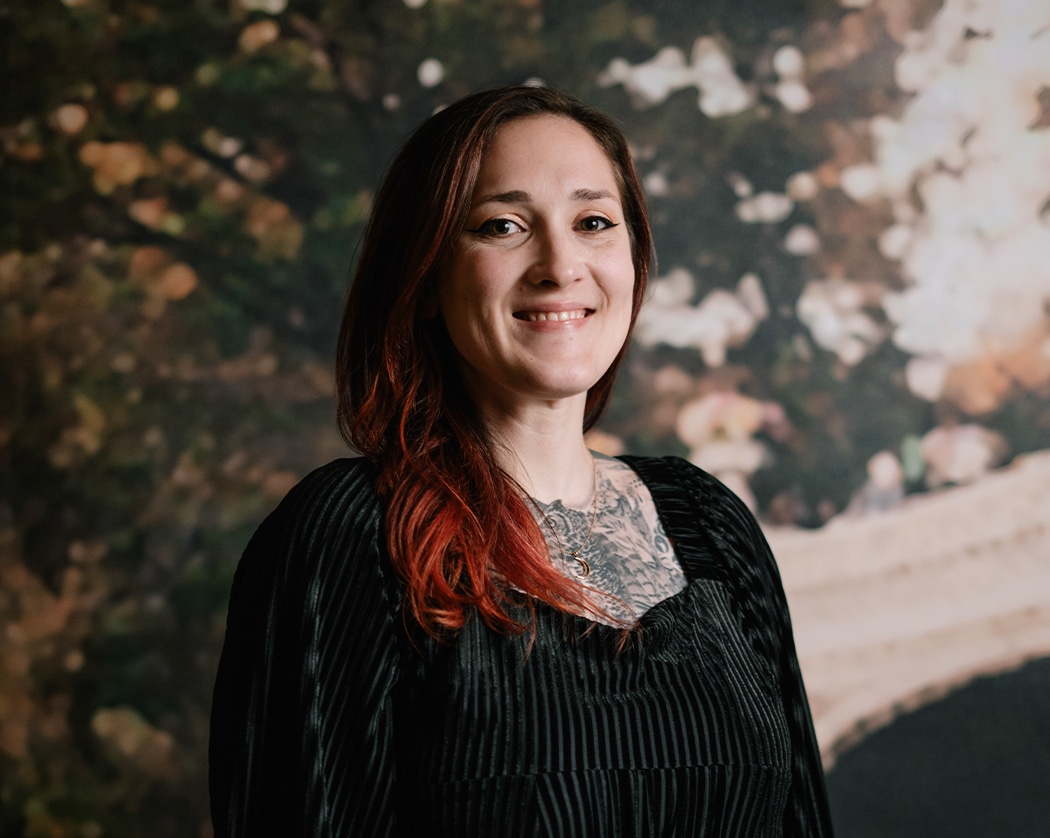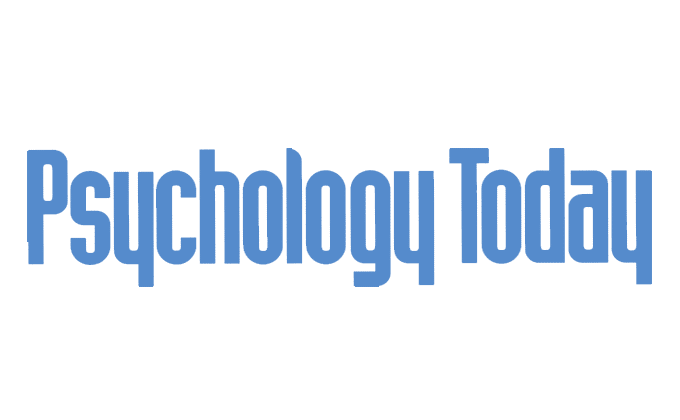Begin Your Recovery With Us
We believe that addiction is a treatable disease and that anyone can recover given
the proper guidance and tools.
We have expert addiction specialists standing by ready to speak confidentially with you.






Meet Our Leadership!





As Seen On:




Luxury Drug & Alcohol Detox in California
Medically Managed Detox Center
Medically Managed Detox Center
We are medically equipped to provide a safe detox.
Know more
Detox Center & Rehab
detox center in Southern California, california detox center california rehab addiction rehab addiction treatment ca rehab detox detox center california detox rehab detoxification
california recovery california addiction treatment rehab treatment rehabilitation rehabs treatment withdrawal detoxification health substance abuse evidence-based treatments orange county rehab clinic group therapy addiction recovery drug addiction treatment substance use disorders individual therapy drug rehab centers art therapy veteran dual diagnosis alcohol use disorder alcohol detox outpatient care lifestyle nutrition alcohol abuse hospital residential treatment curriculum detoxification
ocean popular more about rehabs serving views laguna visit lodge west learn more about front valley acres best treatment diverse easy to understand institute lawsRehab in California
detox center, Drug Rehab in California
California Detoxification Facility
detox center, california addiction treatment ca rehab detox addiction rehab addiction treatment ca rehab detox detox california detox rehab addiction detox drug rehabs dual-diagnosis counseling rehab centers california addiction addiction treatment benzos alcohol detoxification insurance co-occurring disorder addictions mental health research co-occurring disorders drug addiction self-assessment house drug california, usa treatment lgbtq alcohol substance use service animals inpatient socal southern california inpatient care equine assisted psychotherapy rehab therapies alcohol addiction residential treatment center
detox center, california detox california rehab Detox California
detox center, Detoxification in Laguna Niguel, Orange County California, california detox california rehab
detox center, Alcohol & Drug Detox in Laguna Niguel, Orange County & SoCal, california detox california rehab
New Leaf Detox & Treatment Center offers premium alcohol and drug rehab, helping people break the cycle of addiction. Our Laguna Niguel, & San Juan Capistrano, California Rehab & Detox Center serving Orange County can help you turn over a new leaf. Sustainable life-long recovery and rehabilitation is achieved through a true transformation of self. We help our patients through this transformation by providing all the knowledge, life skills, and resources needed to do so. Recovery from any addiction is no easy task. But with proper care, rehabs, individual therapy, and the right treatment services, you can achieve a life worth living without drugs.Call Now to Speak Confidentially with an Expert Counselor:
Our Detox Center & Rehab





















Detox Center & Addiction Treatment Services

DRUG & ALCOHOL DETOX CENTER
Detox is the first step in sobriety. The detoxification process typically lasts 3 to 9 days depending on the user’s drug of choice and their degree of chemical dependency. While a medically supervised detox is a rather short process, it can be the most dangerous and uncomfortable step in recovery. A drug detox involves withdrawal symptoms that range from mild to severe. The goal of our detox center in Southern California is to make this process as safe and comfortable as possible to give our patients the best chance at a successful recovery.
INPATIENT REHAB & DETOX CENTER
detoxification
detoxification
detoxification
detoxification
detoxification
detoxification
detox facilities, detox facilities, detox facilities, detox center, detox center, detox center, detox center, detox center, detox center, detox center, detox center, detox center, detox center, detox center, detox center, detox center, detox center, detox center, detox center, detox center, detox center, detox center, detox center, detox center, detox center, detox center, detox center, detox center, detox center, detox center, detox center, detox center, detox center, detox center, detox center, detox center, detox center, detox center, detox center, detox center, detox center center, centers, centers detox, detox, detox center, detox centers, detox facilities, detox facility, detoxification, facilities, facility, rehab, rehab center, rehab centers california amphetamines risks ppo detox insurances los angeles prescription drugs addiction resilience individual therapy detox center detox facilities epo alcohol detox frequently asked questions samhsa smoke sunrise drug rehab cognitive behavioral therapy vodka addiction treatment services assistive technology readability online dictionary alcohol rehab accessibility family therapy state-funded understanding brooklyn rehab centers clay hmo plans aetna rehabs withdrawal symptom experience the midwest insurance alcohol weed addiction recovery meditation feedback dialectical behavioral therapy helpline disability relapse dual diagnosis oscar alternative treatments detox centers co-occurring disorders opioid drug drugs patients alcohol use disorder cognitive-behavioral therapy drug detox addiction treatments health care services holiday medications residential treatment rehab center united healthcare therapy los angeles , california opioids sobriety group therapy dialectical behavior therapy treatment programs substance abuse treatment relapse prevention newsletter cocaine optum los angeles, california compassionate heroin rational emotive behavioral therapy rebt substance abuse rehab prescription drugs yoga detoxification physical fitness withdrawal symptoms compliance information advertisers treatment email news opiates medical detox well-being brain trauma informed acupuncture lifestyle carelon addiction treatment addiction languages medication hope heart dbt ptsd drug and alcohol rehabilitation alcohol detox treatment alcohol addiction health insurance detox facility withdrawal inpatient therapies counseling substance use disorder outpatient cbt benzodiazepines remove recommended attention instagram date reduces knowledge removes to allow requires works trying same time us addiction night mobile opioid happy adhd to stop significantly common pregnancy entering california series requirements detoxing anthem find severe shield complications verification quiz treatments background stop check safely certification s unique guidelines maintaining type effective angeles los angeles really facilities application checking least text risk system private videos products skip After Detox, our patients learn the recovery life skills necessary to deal with the temptation to use drugs and alcohol. Patients at our inpatient rehab and detox center in Southern California, Laguna Niguel, San Juan Capistrano, and Orange County receive a range of therapeutic services. Our residential treatment center is LGBTQ friendly, accepts veterans, and provides group therapy as well as inpatient care.
These evidence-based, behavioral, mental health, and psychological services help our patients understand their addictions at the core and give them the skills they need to avoid making mistakes that lead to relapse. Call us to learn more about our rehab serving:
Southern California
Southern California
- Laguna Niguel


DUAL DIAGNOSIS REHAB & DETOX CENTER
Dual Diagnosis treatment helps those who struggle with mental illnesses as well as Substance Use Disorders. Oftentimes, drug and alcohol addiction is a way for people to attempt to self-medicate an undiagnosed or untreated mental health disorder like depression, anxiety, bipolar, or OCD.
As our patients open up to staff and therapists, we are able to diagnose and treat the underlying issues that keep our patients clinging to addictive substances to cope with their daily struggles.
OUR TREATMENT & DETOX CENTER PROGRAMS
ADDICTION THERAPY AT OUR DETOX CENTER

Evidence-Based Therapy

Psychotherapy

Cognitive-Behavioral Therapy

Medication Assisted Treatment

Holistic Treatment

Physical Recovery

Yoga

Trauma-Informed Care
SUBSTANCE-SPECIFIC TREATMENT AT OUR DETOX CENTER

Alcohol Addiction

Heroin Addiction

Cocaine Addiction

Marijuana Addiction

Prescription Drug Addiction

Stimulant Addiction



